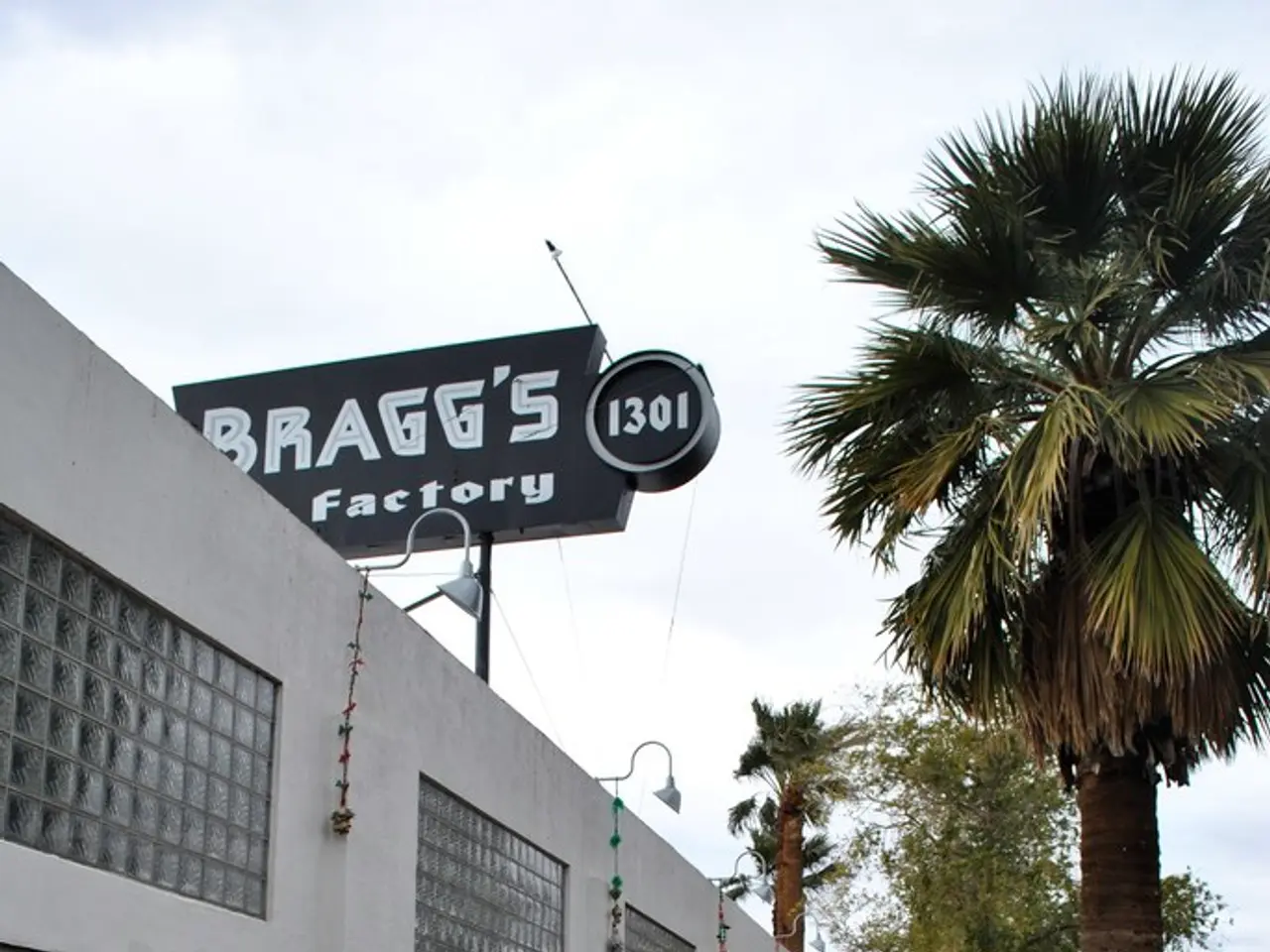Insight into potential opportunities and networking possibilities for Southampton-based entrepreneurs by visiting Silicon Valley.
The University of Southampton's Cohort 25 is gearing up for an exciting journey to the heart of technology innovation – Silicon Valley. This annual trip offers a unique opportunity for six groundbreaking startups to connect with industry leaders, investors, and fellow entrepreneurs, aiming to propel their ventures to new heights.
The University of Southampton's tech startup accelerator supports founders from undergraduates to professors, providing the resources and guidance they need to launch and grow startups with the potential to change the world. Among the startups embarking on this year's Silicon Valley trip are mytender.io, Silatech, BrainAlyze, CardioVolt, Skysol, and Eos Space Technology.
mytender.io, co-founded by Samuel Aaron and Jamie Horsnell, offers an AI-driven bid writing platform for public sector contractors, streamlining the bidding process and increasing efficiency. Silatech, founded by Alexandar Todorov, Georgi Pachov, and Plamen Dimitrov, provides 24/7 contactless health monitoring for elder care, ensuring peace of mind for families and caregivers. BrainAlyze, co-founded by Sumeet Mahajan, Niall Hanrahan, and George Devitt, aims to transform dementia diagnosis with a laser-based blood test, offering a less invasive and more accurate method for early detection.
CardioVolt, founded by Boroumand Zeidaabadi, Arunashis Sua, and Libor Pastika, delivers Next-Gen ECG insights with an innovative platform for heart health, providing early warning signs and enabling more effective treatment. Skysol, co-founded by Tasmiat Rahman, Sunny Chaudhary, and Haoxiang Zhang, offers a more accurate energy output forecasting system for solar farms, optimising energy production and reducing costs. Eos Space Technology, co-founded by Szymon Dworski, Thomas Munro-O'Brien, and Moe Ahmed, provides agile and cost-effective spacecraft propulsion systems, opening up new possibilities for space exploration.
The trip to Silicon Valley offers several key outcomes for these startups. Firstly, it provides access to a global innovation hub, exposing founders to cutting-edge technology, industry leaders, and a powerful entrepreneurial ecosystem. Secondly, it offers networking opportunities, connecting founders with entrepreneurs, investors, tech companies, and alumni from the University of Southampton, fostering potential collaborations and partnerships.
Thirdly, the hands-on learning and exposure gained from Silicon Valley's dynamic startup environment is invaluable, allowing founders to understand successful business models, growth strategies, and technological trends. Fourthly, the trip enhances entrepreneurial support, connecting founders with international investors, mentors, and potential customers.
Lastly, immersion in a global innovation hub helps founders broaden their perspectives on technology, market demands, and international business practices, preparing them for global competition. The trip is organised by a website that helps aspiring startup founders, providing a platform for startups to connect with people who can help them turn their visions into reality.
While at Berkeley, the team will visit SkyDeck, the startup accelerator program and fund, where two previous startups from the University of Southampton gained their first entry to the Bay Area (Researchably and Route Reports). The trip also includes meetings with investors, mentors, accelerator programs, and the network in the Bay Area. Startup founders will also visit Stanford University and The University of California, Berkeley, both of which have enabled a prolific number of startups from their researchers and students.
The trip is significant for startup founders due to three key outcomes: platform, mindset, and knowledge. The platform outcome provides an opportunity for startups to connect with people who can help them turn their visions into reality. The mindset outcome exposes founders to a culture of risk-taking optimism, which can elevate their aspirations. The knowledge outcome helps founders understand the community, how to navigate it, and what it takes to succeed in Silicon Valley.
Silicon Valley is renowned for attracting talented startup founders with world-changing ideas. This trip is aimed at empowering students and researchers to tackle global challenges, providing them with the tools, knowledge, and connections they need to make a lasting impact on the world. The University of Southampton's strong foundation in entrepreneurship and innovation ensures that these startups are well-equipped to take on the challenges of Silicon Valley and beyond.
- The University of Southampton's Cohort 25 startups are set to network with industry leaders, investors, and fellow entrepreneurs in Silicon Valley, aiming to boost their ventures with the help of an entrepreneurial ecosystem.
- mytender.io, a startup co-founded by Samuel Aaron and Jamie Horsnell, plans to use the trip to connect with potential customers and partners for their AI-driven bid writing platform.
- Silatech, founded by Alexandar Todorov, Georgi Pachov, and Plamen Dimitrov, will utilize the trip to expand their contactless health monitoring technology for elder care and seek investment opportunities.
- BrainAlyze, co-founded by Sumeet Mahajan, Niall Hanrahan, and George Devitt, aims to leverage the Silicon Valley trip to gain insights into the technology and finance sectors, furthering their dementia diagnosis research.
- CardioVolt, founded by Boroumand Zeidaabadi, Arunashis Sua, and Libor Pastika, will attend research institutions and accelerators in Silicon Valley to explore partnerships and learn about the latest heart health technology trends.
- Skysol, co-founded by Tasmiat Rahman, Sunny Chaudhary, and Haoxiang Zhang, will network at events with fellow solar energy enthusiasts and investors to optimize their energy output forecasting system.
- Eos Space Technology, co-founded by Szymon Dworski, Thomas Munro-O'Brien, and Moe Ahmed, will visit technology education-and-self-development organizations to gain knowledge and support for their spacecraft propulsion systems, fueling their space exploration ambitions.




